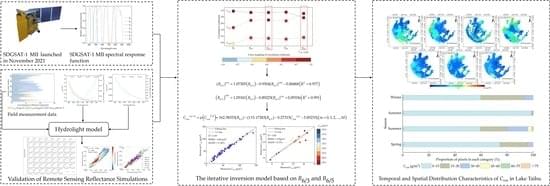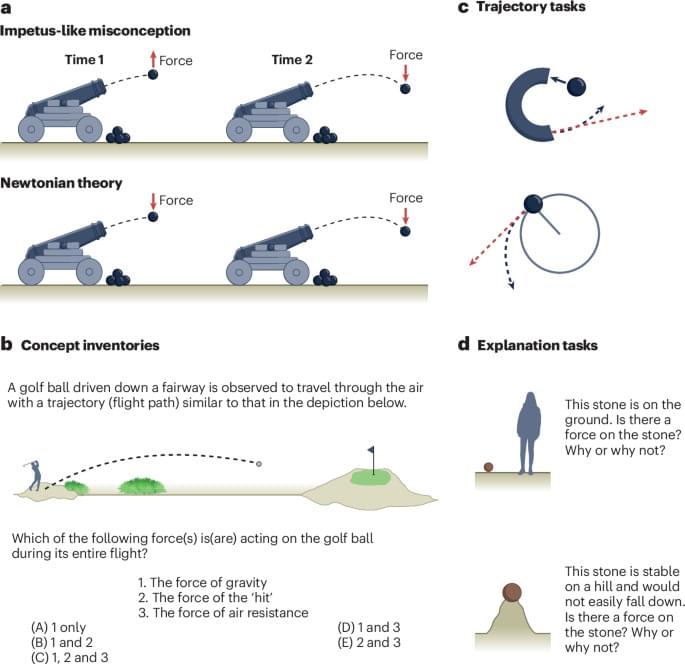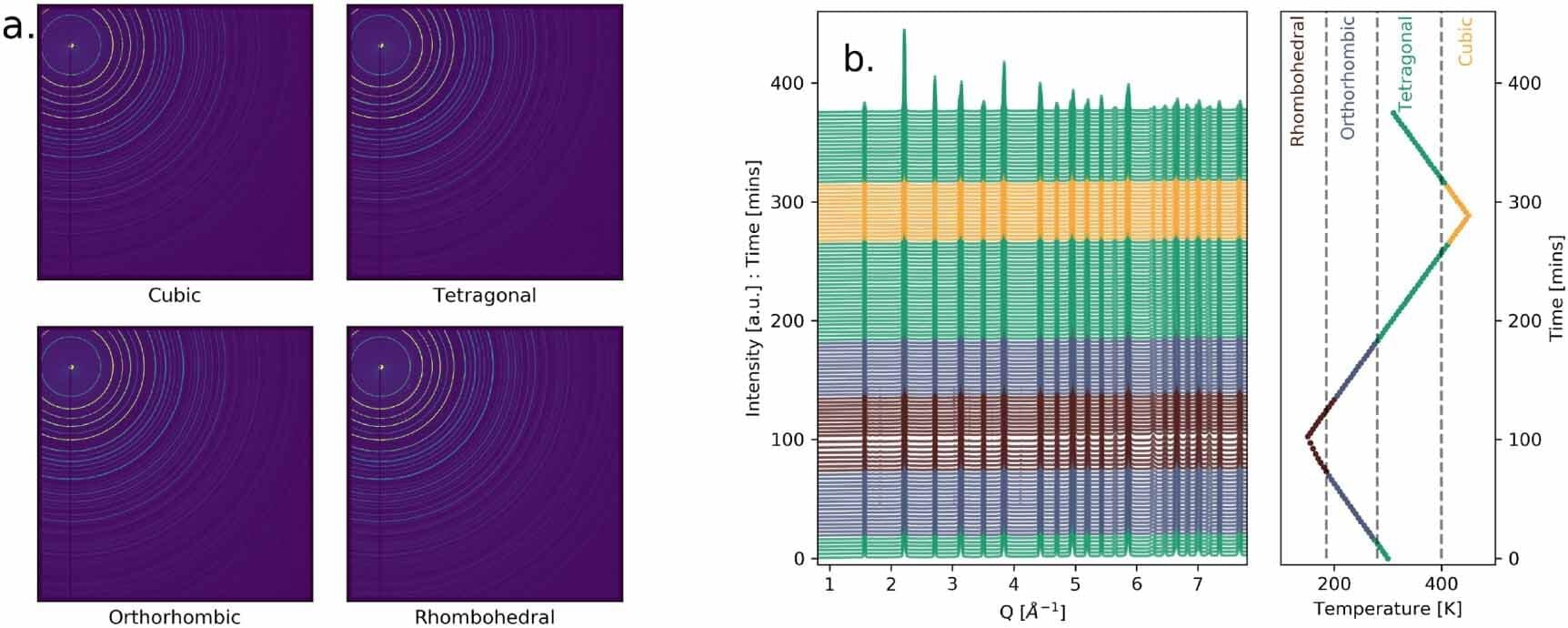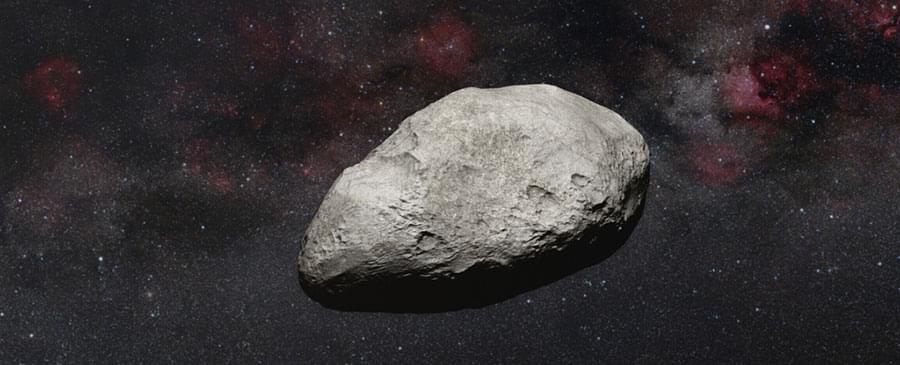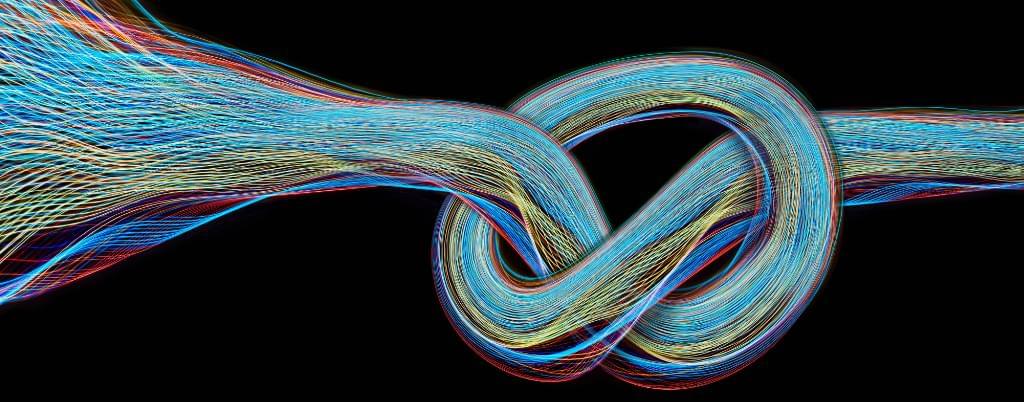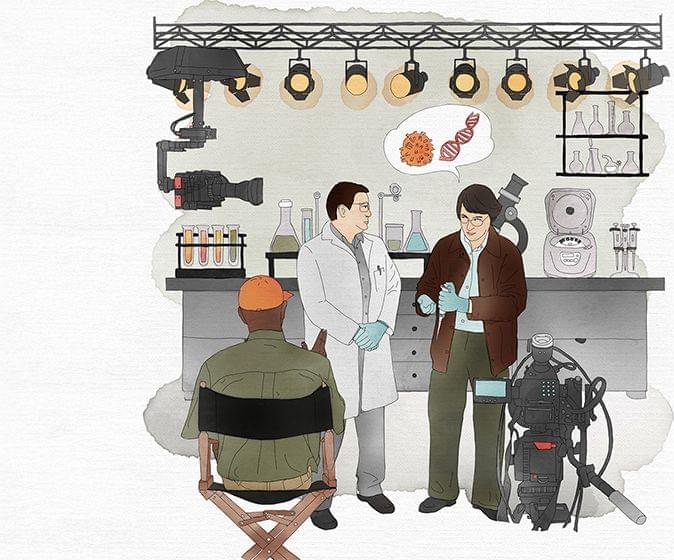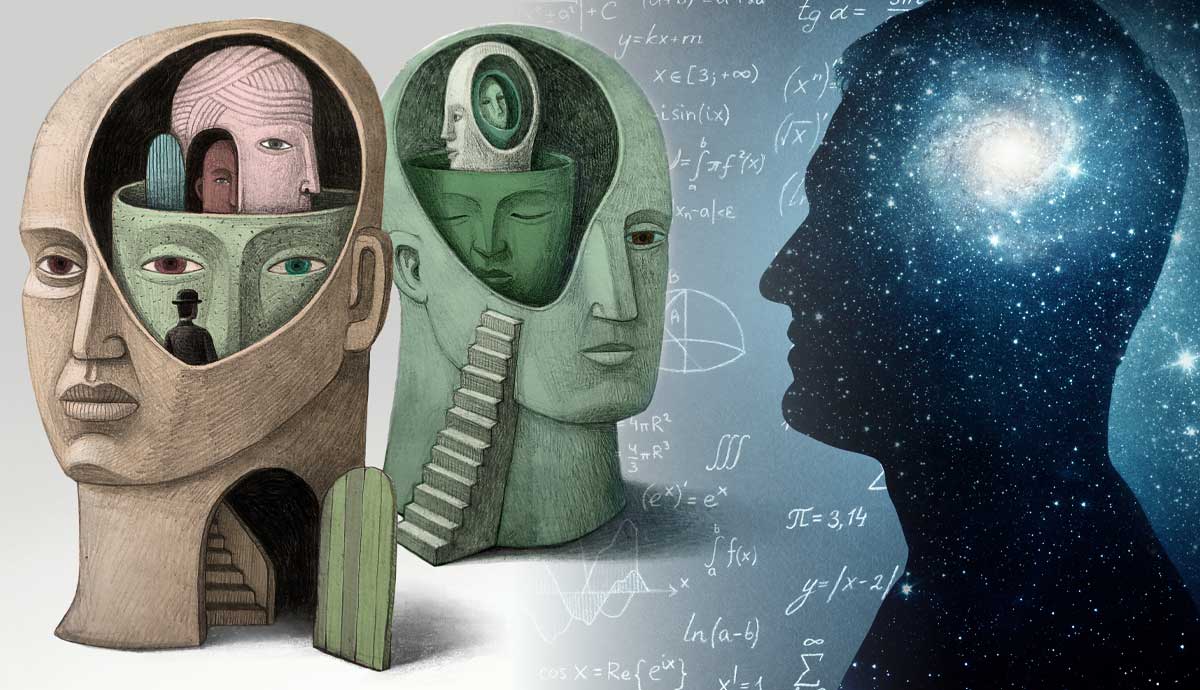For decades, exercise was considered an optional part of cancer care—something beneficial for general health but not essential. The evidence is now overwhelming: exercise is not just supportive—it’s a therapeutic intervention that recalibrates tumor biology, enhances treatment tolerance, and improves survival outcomes.
With over 600 peer-reviewed studies, Dr. Kerry Courneya’s work has fundamentally reshaped our understanding of how structured exercise—whether aerobic, resistance training, or high-intensity intervals—can mitigate treatment side effects, enhance immune function, and directly influence cancer progression.
Train smarter with evidence-based strategies from top experts—get your free copy of “How to Train According to the Experts” at https://howtotrainguide.com/
CHAPTERS:
00:00:00 Introduction.
00:01:47 Why exercise should be effortful.
00:02:33 How to meaningfully reduce risk of cancer.
00:06:22 What type of exercise is best?
00:07:59 How exercise reduces risk—even for smokers and the obese.
00:10:48 Weekend-only exercise.
00:13:49 150 vs. 300 minutes per week (more is better—up to a point)
00:16:03 Why pre-diagnosis exercise matters.
00:19:09 Why resilience to cancer treatment starts with exercise.
00:21:01 Why low muscle mass drives cancer death.
00:23:58 Why BMI fails to measure true obesity.
00:27:51 Why daily activity isn’t enough (structured exercise matters)
00:29:34 Breaking up sedentary time—do ‘exercise snacks’ help?
00:31:50 Supplements vs. exercise.
00:32:32 Where exercise fits with chemo and immunotherapy.
00:35:30 Why rest is not the best medicine.
00:41:20 Aerobic vs. resistance.
00:42:11 How chemotherapy patients were able to put on over a kilogram of muscle.
00:42:13 How weight training improves ‘chemo completion’
00:44:41 Why exercise creates vulnerability in cancer cells (limitations do apply)
00:47:09 Why exercise might be crucial for tumor elimination.
00:53:03 Why cardio may be better at clearing tumor cells.
00:56:18 When cancer spreads quickly—and when it doesn’t.
00:57:43 Why liquid biopsies may prevent over-treatment.
01:02:56 Exercise-sensitive vs. exercise-resistant cancers.
01:06:06 Prostate cancer therapy—why strength training matters.
01:08:10 When exercise is the only therapy—does it work?
01:09:26 Why HIIT reduces PSA in prostate cancer.
01:11:40 Avoiding over-treatment—can exercise buy you time?
01:12:00 Why high-intensity exercise boosts anti-cancer biology.
01:13:11 Turning a diagnosis into a wake-up call.
01:16:11 Why oncologists are rethinking exercise.
01:18:50 Why exercise eases anxiety about cancer—proven psychological benefits.
01:25:00 Before, during, and after treatment.
01:27:02 Why exercise is unique among cancer therapies.
01:28:16 Why cancer patients stop exercising—the risky mistake almost everyone makes.
01:30:41 How to get sedentary cancer patients exercising (realistically)
01:33:15 The $1 million case for including exercise.
01:34:56 Why recurrence trials haven’t convinced doctors—yet.
01:37:36 The bottom-line message.
01:37:55 The myth of a cancer panacea (exercise included)
01:44:07 What’s the best $50 investment for staying active?
01:44:40 Only 15 minutes per day—what’s the best anti-cancer exercise?
A quick cautionary note: Always consult a qualified healthcare provider—presumably an oncologist if your questions involve cancer treatment—particularly if you’re considering actions based on or inspired by our conversation today. This episode should not be construed as a substitute for qualified medical advice.
*Kerry Courneya, PhD*
